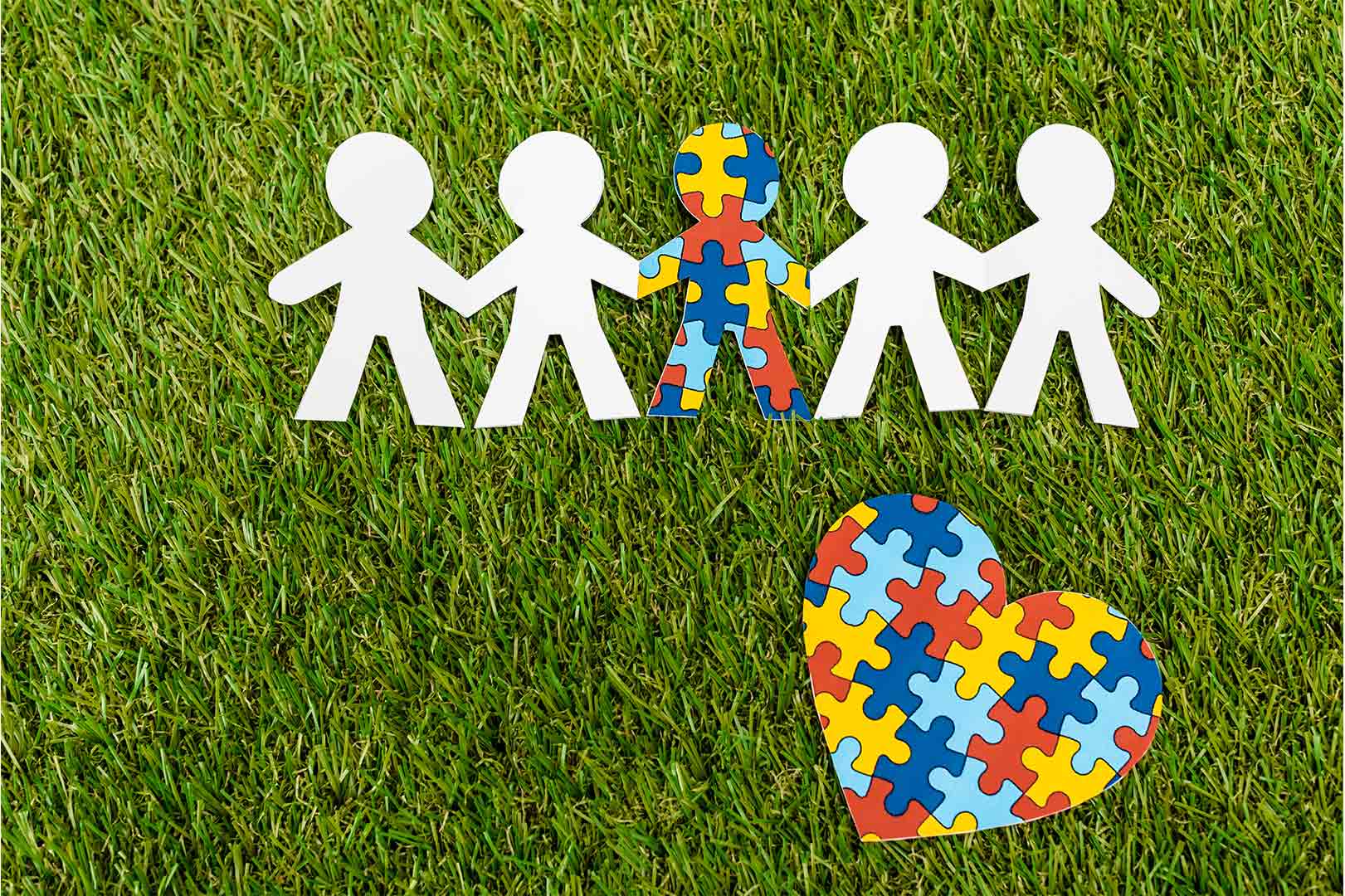Imagine a world where the hum of fluorescent lights feels like a dentist’s drill, a bustling classroom sounds like a rock concert, and the scratchy tag on your shirt feels like sandpaper. This is the reality for many autistic individuals who experience sensory processing differences.
Sensory processing refers to how our brains receive and interpret information from our senses (touch, taste, smell, sight, and hearing). In autism, this process can be atypical, leading to sensitivities or a lack of sensitivity to certain stimuli.
Understanding the Spectrum of Sensory Processing
There are three main ways autistic individuals may experience sensory input:
- Hypersensitivity: This is the most common response, where everyday sensations are perceived as overwhelming or even painful. A flickering light, a crowded room, or a loud noise can trigger anxiety, meltdowns, or withdrawal.
- Hyposensitivity: Here, individuals may not register sensory information as intensely as others. They might seek out strong tastes, textures, or sounds, or appear oblivious to pain or temperature changes.
- Sensory Seeking: Some autistic people might crave specific sensory experiences. They may find repetitive movements (stimming) or intense pressure comforting.
The Impact of Sensory Differences
Sensory processing difficulties can significantly impact daily life for autistic individuals. They can make social interactions challenging, lead to meltdowns in overstimulating environments, and interfere with sleep and self-care routines.
Helping Individuals Thrive
The good news is that there are strategies to help autistic individuals manage sensory overload and navigate their sensory world. Here are some key approaches:
- Sensory Integration Therapy: This therapy uses controlled sensory experiences to help the brain better process and integrate sensory information.
- Creating a Sensory Diet: This involves identifying calming and stimulating activities that can be incorporated into daily routines to help regulate sensory input.
- Environmental Modifications: Making small changes to the environment, like using noise-canceling headphones or providing fidget toys, can significantly reduce stress.
OrbRom Center: Empowering Individuals with Autism
At OrbRom Center, we understand the unique challenges faced by autistic individuals with sensory processing difficulties. Our team of experienced professionals provides a range of therapies and support services designed to help individuals develop coping mechanisms, manage sensory overload, and thrive in their daily lives. We believe in creating a safe and supportive environment where autistic individuals can explore their sensory preferences and develop self-regulation skills.
If you suspect you or someone you know may be experiencing sensory processing differences, reach out to OrbRom Center. Early intervention and support can make a world of difference in helping autistic individuals navigate their sensory world and live fulfilling lives.
Find out if your child needs extra support today!
- My child screams hysterically
- My child is mean to other children
- My child is always worried
- My child is scared to go to school
- My child is scared of loud noises
- My child doesn’t know how to read
- My child is scared to play outside
- My child does not respond to his name
- My child always gets in trouble
- My child fights with other children
- My child doesn’t know how to count
If you are concerned about your child’s development, contact us for Assessments: Phone/Telegram: 077.455.993 – Telegram Link: https://t.me/OrbRom
If you are concerned about your child’s development, contact us for Assessments.
Phone/Telegram: 077.455.993 Link: https://t.me/OrbRom






Leave A Comment